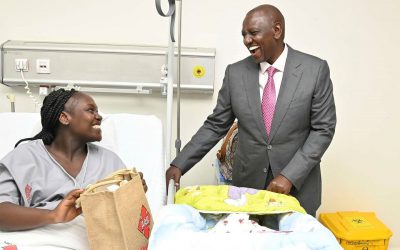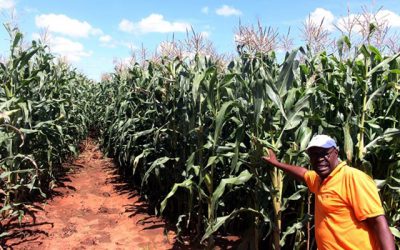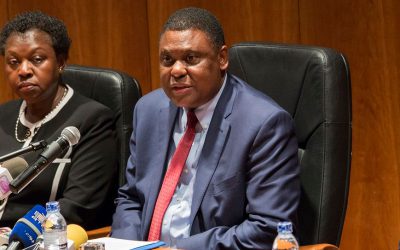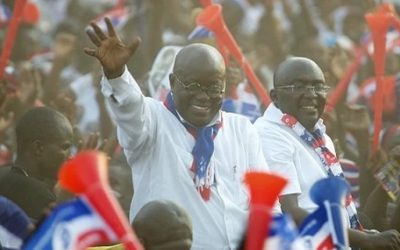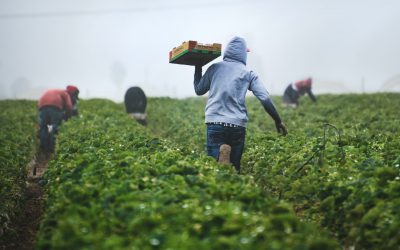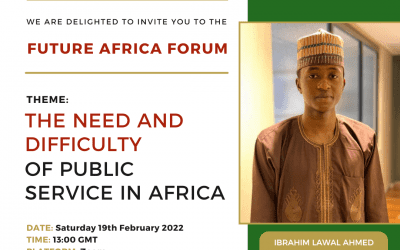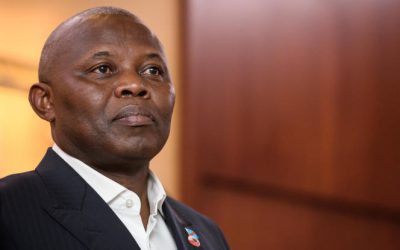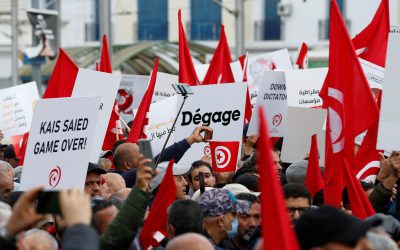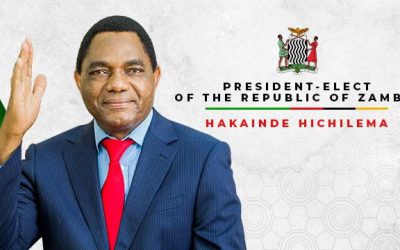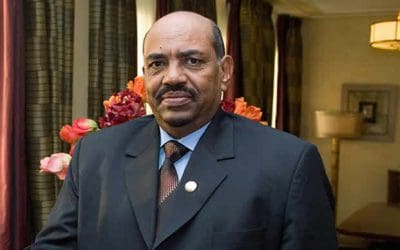In the heart of Kenya’s bustling cities and remote villages, a silent revolution is underway, fundamentally reshaping the nation’s employment landscape. The rise of the gig economy, often referred to as the freelance or on-demand economy, is offering a lifeline to Kenya’s youth, unlocking new opportunities for employment and skills development.
We enable young Africans to immerse themselves in extensive study of Africa’s people’s, politics and economies, as well as the various challenges and opportunities for advancement on the continent.
Our Insights
Accountability and Transparency in Kenyan Health Sector
Corruption in the health sector, including fund theft and interference with procurement, has serious consequences for healthcare access and quality. The lack of transparency in procurement makes public health spending vulnerable to corruption. Transparency and data sharing can help prevent price manipulation and detect corrupt activities. Accountability systems and a strong civil society are essential for holding governments accountable and ensuring efficient use of resources.
Corruption in Zimbabwe: The Command Agriculture Scandal
The Targeted Command Agriculture is a Zimbabwean agricultural scheme that was aimed at ensuring food self-sufficiency with farmers being given loans by the bank. It was later noted that a total of US$ 3 billion was unaccounted for. Corruption in Zimbabwe has become endemic within its political, private and civil sectors. Zimbabwe ranks 157th out of 180 countries in the 2021 Transparency International Corruption Perceptions Index where a high ranking corresponds to a perception of high corruption in the public sector.
The Ghost Loans Case Scandal in Mozambique
The Ghost Loans Case was ranked and relegated amongst the most reputable corruption cases to have ever occurred within sub-Saharan Africa. This formidable case revealed its distinctive features by transcending across the four continents of Europe, Africa, North America and the Middle East. The egregious case gained its notoriety by illustrating the culpability of western financial institutions in perpetrating corruption alongside the African bureaucratic elite.
The Ghanaian Election Success Story: Why Stakeholders and Systems Matter
The 2016 Ghanaian elections were considered by commentators as a text-book example of what we hear Africans say they want: free, fair, and credible. Ghana stubbornly remains an exception to the rule in Africa at large – the rule being dysfunctional, pseudo-democracies.
Aid for Development? Not in Zimbabwe
Zimbabwe is one country with abundant aid, poverty, corruption, high rates of unemployment, and food insecurity among a host of issues. The question therefore is why has aid failed to promote development? This article’s key hypothesis is that Zimbabwe’s dependency on aid is not entirely helpful and that there is need to craft alternatives to ensure development.
The Need and Difficulty of Public Service in Africa
On Saturday 19 February, Special Assistant to the President of the Federal Republic of Nigeria on Development Policy, Ibrahim Lawal Ahmed discussed “The Need and Difficulty of Public Service in Africa” as Future Africa Forum’s Guest Speaker. This article written by
Ibrahim Lawal Ahmed expands on the same discussion.
Vital Kamerhe: 20-Year Sentence, A Dead Judge And a Waltz With the Law
When does corruption start? Does it start with the first call to an offshore bank, the first transfer of illicit funds or does it start some time before – during a sleepless night – and in the depths of the mind where no law reaches?
State Capture: All in the Family
“State Capture: All in the Family” explores the aftermath of Tunisia’s 2011 revolution, revealing how ousted President Zine el-Abidine Ben Ali and his clan amassed a staggering $13 billion in assets, a quarter of the nation’s GDP. Profiting through manipulation of investment laws, they dominated key sectors. The article delves into the roles of institutions, activists, lawyers, politicians, and the international community in holding them accountable.
Silencing the Guns in Africa: How Feasible?
The fourth aspiration of the African Union Agenda 2063 highlighted the establishment of a peaceful and secure Africa, characterized by conflict prevention means that are centered on dialogue alongside conflict management and resolution with the end goal of silencing guns. However, there is minimal visibility on member state programs that ensure the effective implementation of efforts towards silencing the gun, on a national and regional scope .
Through My Eyes: Zambia’s Democratic Elections
Zambia is currently experiencing what could be one of its biggest defining moments since the re-introduction of political pluralism in 1990. This is because to many Zambians this change of government feels like freedom, hope and an opportunity for them to raise their standards of living after what felt like decades of suffering under the administration of the Patriotic Front led by former president Edgar Chagwa Lungu.
Royal Gifts or Corruption: Analysing Omar Al-Bashir’s Corruption Scandals
In African politics, it is rare to see a person of high influence come to justice in a legal matter. More than that, for them to stand trial domestically is rare. The case of al-Bashir did give hope to the people of Sudan that justice can be served. Part of the impact of this case, and a strength, is the sheer fact of seeing an ex-president stand for trial and be judged like a normal citizen.


